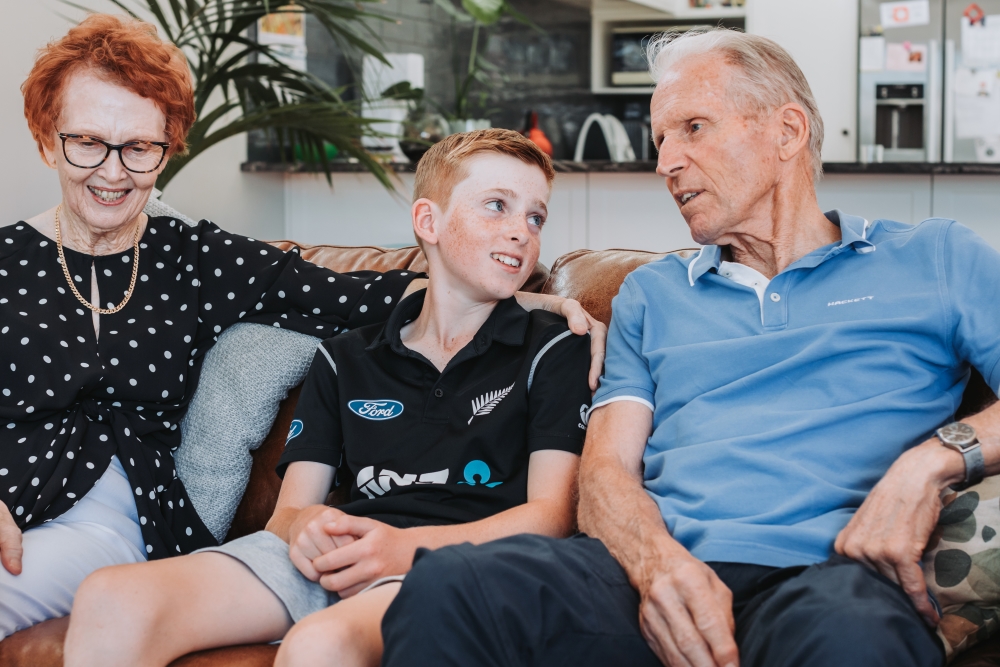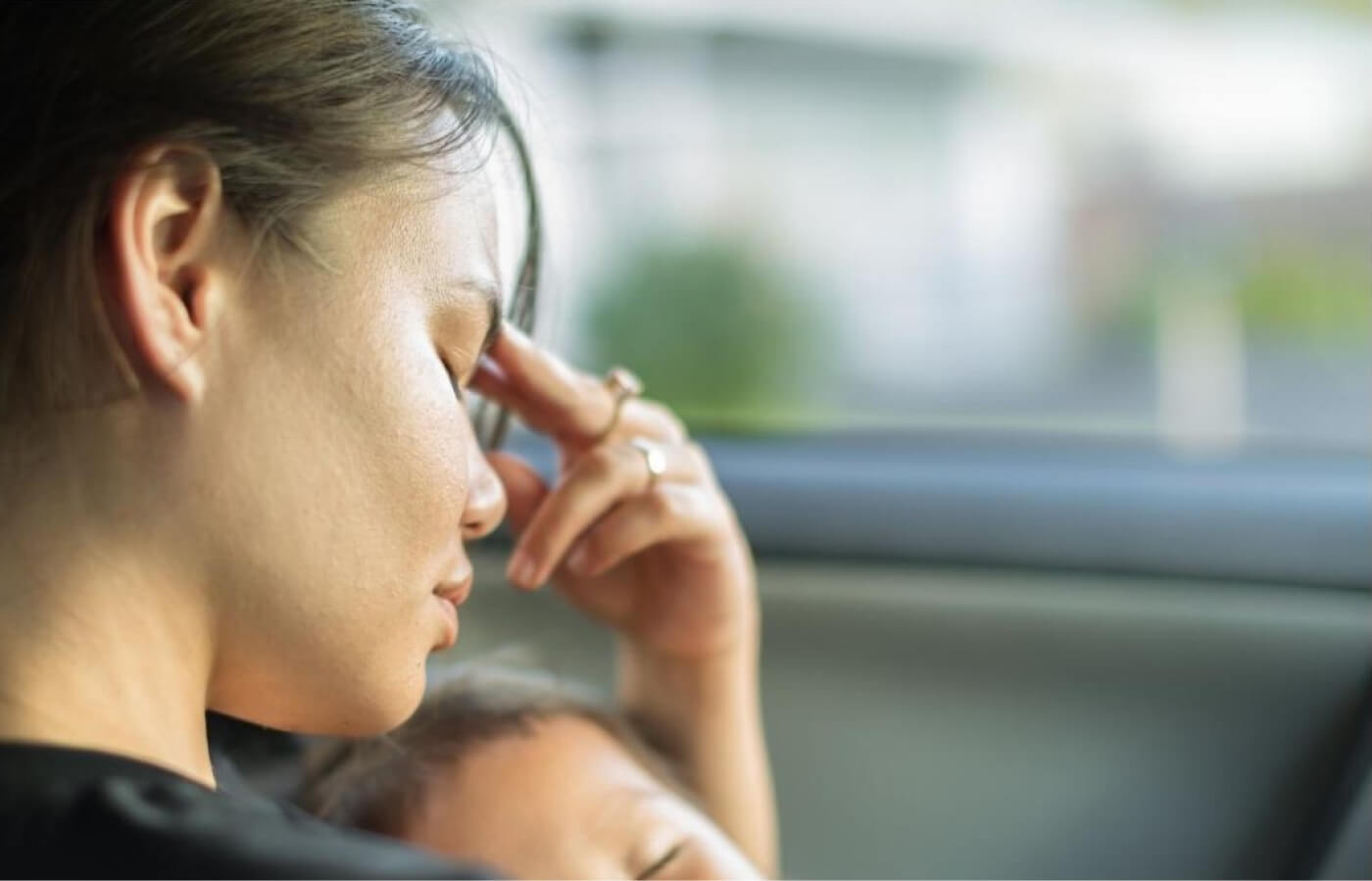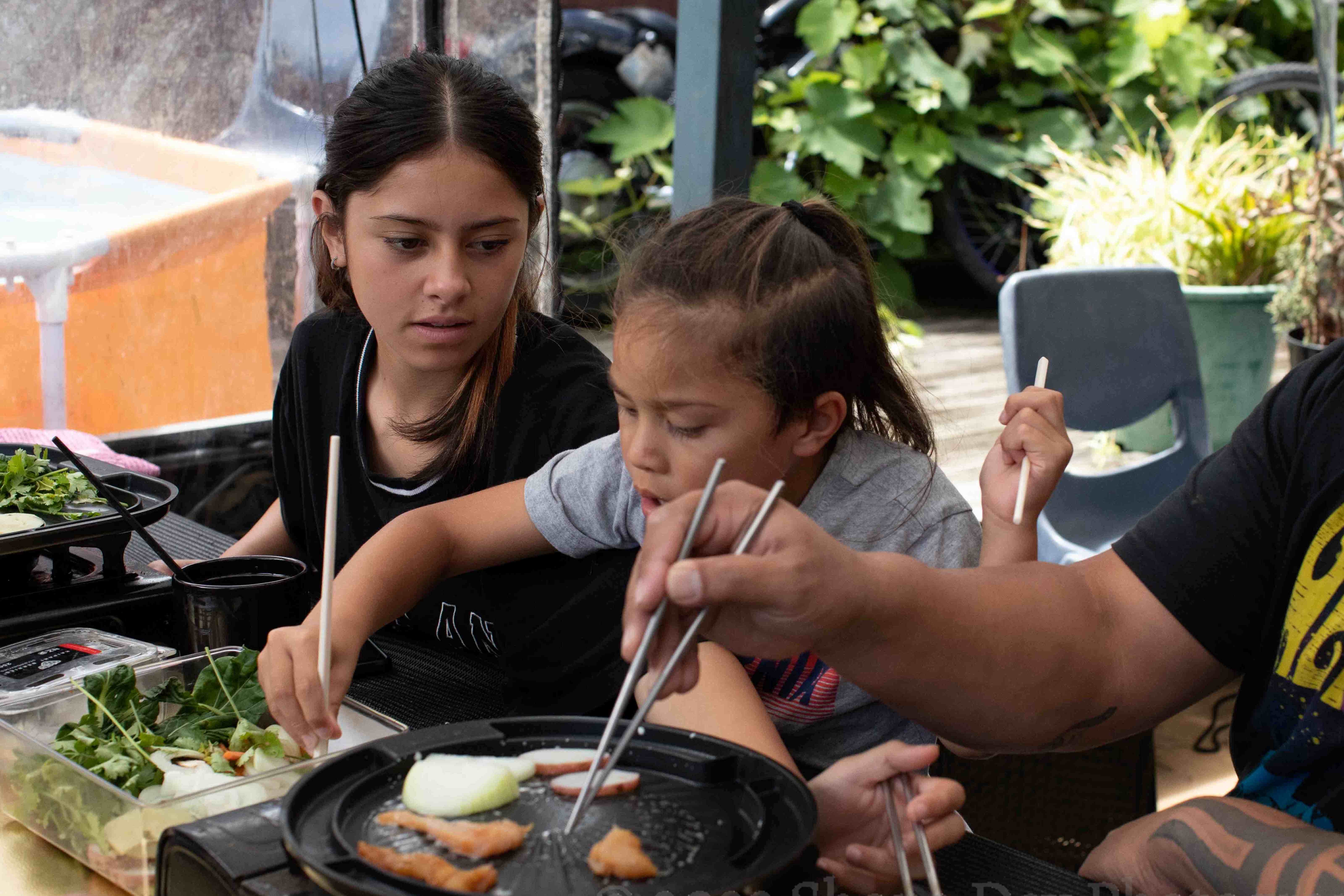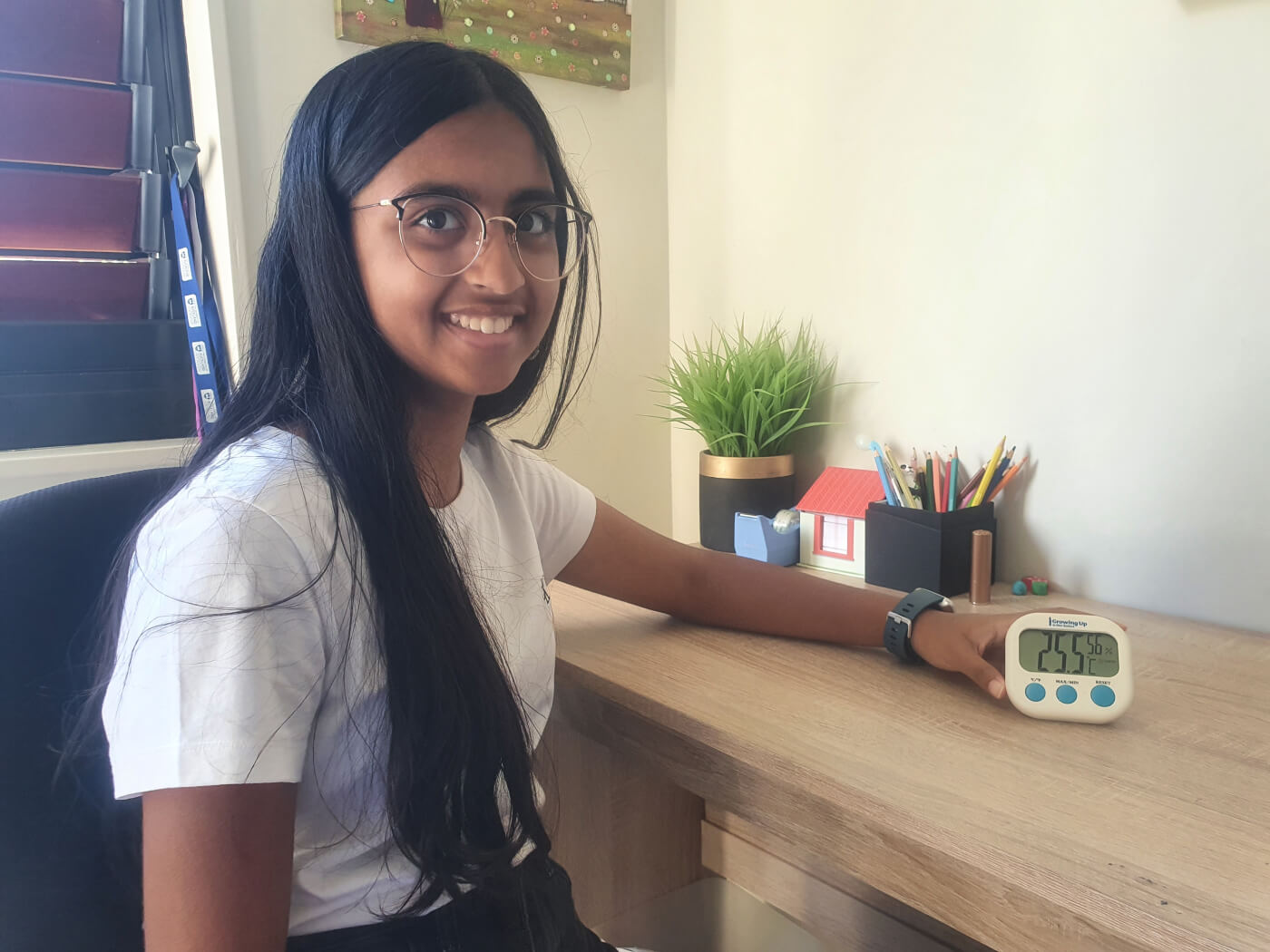Research shows the importance of extended family and whānau for young people

June 28, 2023
For the first time, young New Zealanders were asked about important adults in their lives, as well as about their relationships with parents and peers. This research showed about half of young people had a trusting relationship with an adult that wasn’t their parent, such as a grandparent, which researchers say illustrates the importance of wider whānau for young people.
These findings are based on information from nearly 4,200 twelve-year olds in the Growing Up in New Zealand longitudinal study. The research looked at three central relationships – with parents, peers and other important or special adults. These relationships are known to individually influence adolescent wellbeing.
According to Dr Rebecca Evans, lead researcher, it was encouraging to find the majority of young people had two or three strong relationships.
“Most young people had high levels of trust and communication with their parents, and most had positive, trusting relationships with their peers. We also found about half of the young people had another important adult in their lives who encouraged and cared about them.”
Grandparents were found to be the largest group of important adults followed by aunts or uncles, and teachers were a significant group as well. Around a third of young people mentioned that a teacher was an important, supportive adult for them.
“Part of the definition of a close relationship with an important adult was someone a young person could talk to about personal problems, so grandparents and other important adults are a true means of support for these young people.”
According to Dr Evans the research suggests extended family and whānau is a normal model of support for many young people, and this varies by ethnicity.
“We found ethnic differences in relationships, with around three-quarters of rangatahi Māori identifying their important adult as a grandparent, and of those who were close to an aunt, uncle, brother or sister, the highest proportion were Pacific young people.”
Dr Evans said this research shows collective caregiving in Aotearoa and that understanding and enhancing young people’s broader social networks may also improve wellbeing.
“Our research has implications for policy, such as healthcare – allowing other important adults to accompany young people – and for housing policy by enabling extended families to live close to each other, particularly for some young people who may feel closer to an extended family member than to their parents.”
ENDS
For more information, please contact:
Julia Crosfield
Media and Communications, Growing Up in New Zealand
Julia.Crosfield@auckland.ac.nz
027 282 4896
Saraid Black
Communications Manager, Growing Up in New Zealand
Saraid.black@auckland.ac.nz
09 923 7390 or 0274 732 211
Background for editors:
- See the research: Relationships with parents, peers and special adults
- This research is part of the “Now We Are Twelve” snapshot series looking at the development and well-being of twelve-year olds in New Zealand.
- The series is being published between April and June 2023 and covers the following topics: ethnic and gender identity (published 05/04/23); material hardship (published 05/04/23); food insecurity (published 01/05/23); housing and homelessness (published 01/05/23); school engagement (31/05/23); COVID-19 pandemic (published 13/06/23); experiences of anxiety and depression (13/06/23); impact of disability; and relationships (published today).
- See the “Now We Are Twelve” snapshot series here: https://growingup.co.nz/now-we-are-twelve
%201.svg)



